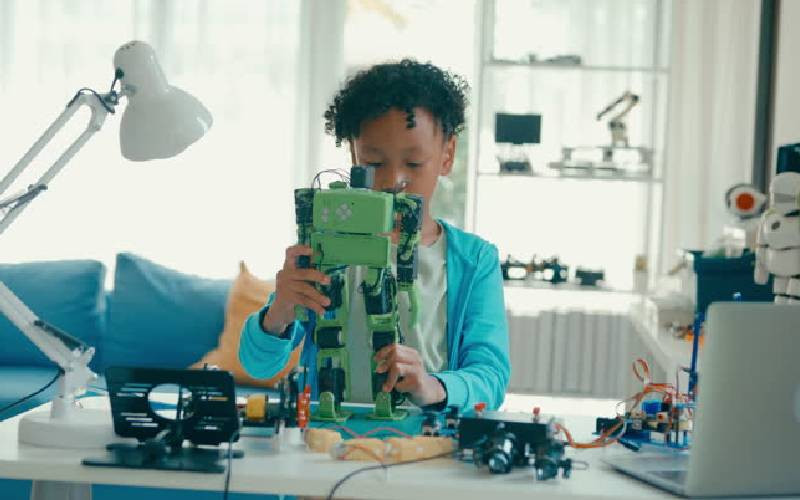
The world has changed with the emergence of digital technology, and the future of work is being reshaped at an unprecedented pace. Thus, as a parent, you may be wondering how to best prepare your child for jobs of the future.
One thing is for sure: these jobs will require new skills. Your child is growing up in a world where artificial intelligence (AI), large language model (LLM), virtual and augmented reality (VAR), blockchain, and the Internet of Things (IoT) are not merely catchphrases but rather essential components of the workplace.